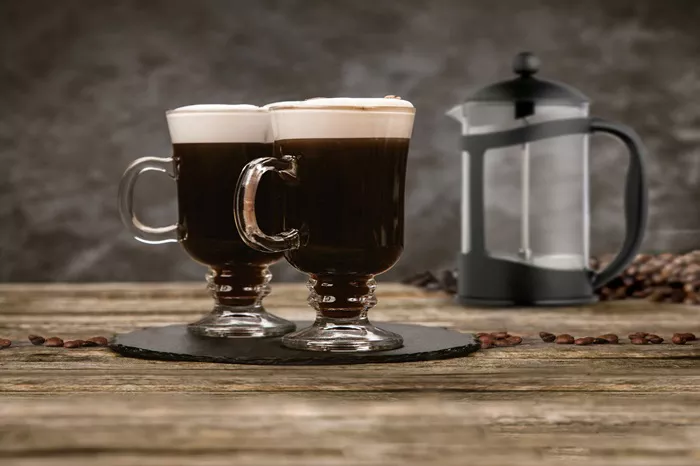In the realm of coffee, discussions often revolve around its flavor profiles, brewing techniques, and caffeine content. However, a topic that frequently arises but is often misunderstood is the caloric content of decaf coffee. While many assume that decaf coffee is a zero-calorie beverage due to its lack of caffeine, the reality is more nuanced. In this comprehensive guide, we will delve into the intricacies of decaf coffee and its caloric implications, dispelling common misconceptions and providing clarity on this often-overlooked aspect of everyone’s favorite morning brew.
Understanding Decaf Coffee
Before delving into the caloric content of decaf coffee, it’s essential to understand what decaf coffee actually is. Decaf, short for decaffeinated, refers to coffee beans that have undergone a process to remove most of the caffeine content. This process can vary, but it typically involves steaming green coffee beans and then rinsing them with a solvent like water, carbon dioxide, or organic solvents like ethyl acetate or methylene chloride. The result is coffee beans with significantly reduced caffeine levels, typically around 97% less caffeine compared to regular coffee beans.
Decaf coffee is a popular choice for those who want to enjoy the flavor and ritual of coffee without the stimulating effects of caffeine. It appeals to individuals who may be sensitive to caffeine or those who prefer to limit their caffeine intake, particularly later in the day.
The Misconception of Zero Calories
One of the most prevalent misconceptions surrounding decaf coffee is that it contains zero calories. While it’s true that decaf coffee has significantly fewer calories than regular coffee, it’s not entirely calorie-free. The caloric content of decaf coffee primarily comes from the coffee beans themselves and any added ingredients such as milk, cream, or sweeteners.
Caloric Content of Decaf Coffee
To understand the caloric content of decaf coffee, we must first examine the components that contribute to its calorie count.
Coffee Beans: Regardless of whether they are decaffeinated or not, coffee beans contain a small number of calories. According to the United States Department of Agriculture (USDA), one tablespoon (approximately 6 grams) of ground coffee contains approximately 2 calories. This calorie count is negligible in a single cup of decaf coffee, as the amount of ground coffee used is typically minimal.
Milk or Cream: Many individuals choose to add milk or cream to their decaf coffee to enhance its flavor and creaminess. Both milk and cream contain calories, with the exact amount depending on the type and quantity used. For example, one tablespoon of whole milk contains approximately 9 calories, while one tablespoon of heavy cream contains around 52 calories. These calories can add up, particularly for those who enjoy their coffee with generous amounts of dairy.
Sweeteners: Some people opt to sweeten their decaf coffee with sugar, honey, or artificial sweeteners. Like milk and cream, sweeteners contribute additional calories to the beverage. For instance, one teaspoon of granulated sugar contains approximately 16 calories, while one packet of artificial sweetener typically contains negligible calories.


